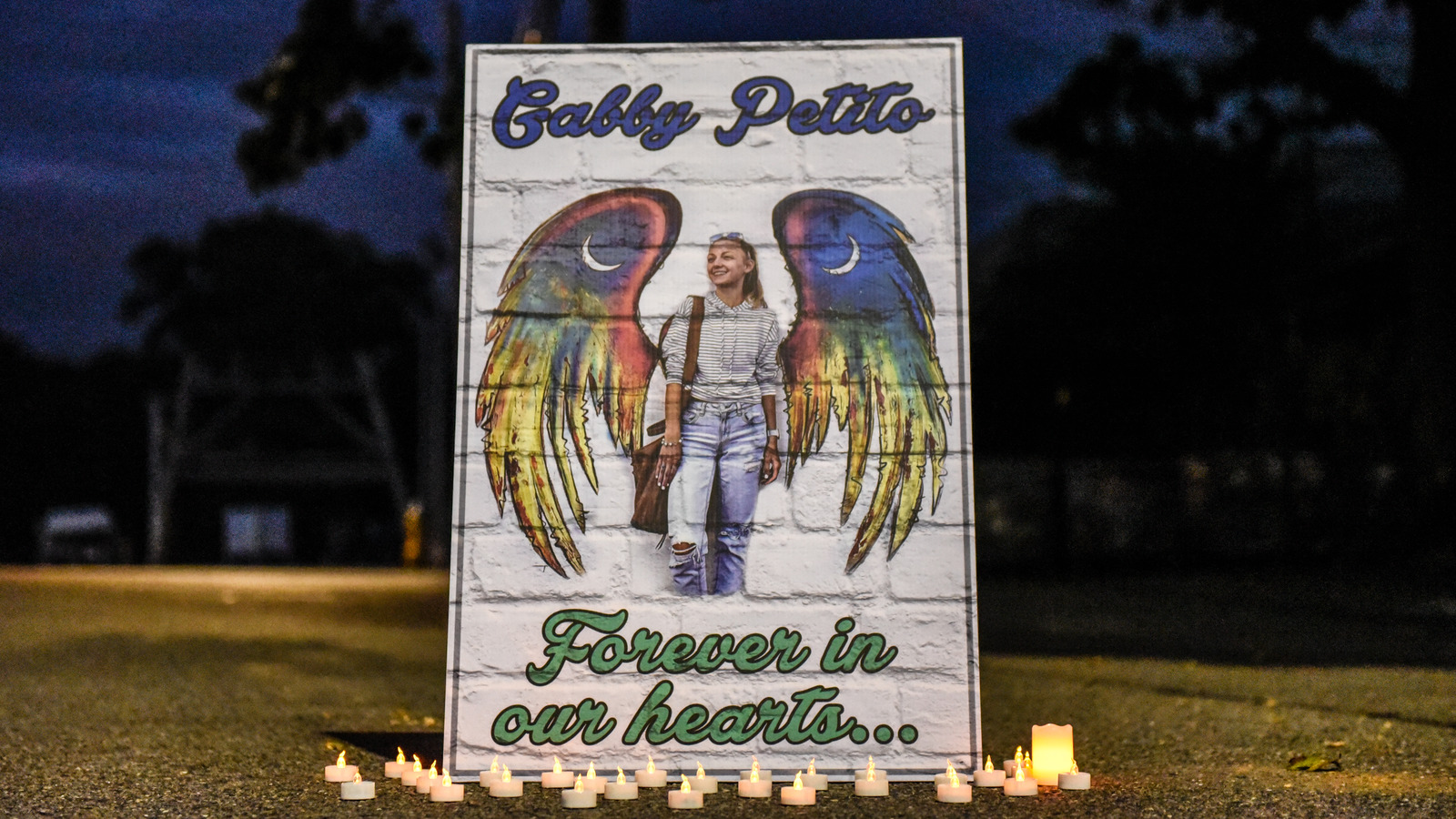
As For the People goes on to note, litigation is an important tool civilians have if they believe their rights were violated by the police. Those violations might take the form of police misconduct, including, among other examples, excessive brutality, corruption, and perjury. As government agents, the police are charged with upholding the Constitution, and a number of police infractions could be seen as a violation of those outlined rights.
In the Petito case, the family alleges Moab police were negligent when they failed to cite Laundrie for domestic violence despite signs of abuse, according to NPR. As The U.S. Department of Justice website explains, litigation against a police department can be either civil or criminal in nature. According to the Department of Justice, the two types of cases are handled separately. Criminal cases involve individuals; civil cases involve agencies or “governmental authority.”
Read Related Also: Local Kitchens offers best local restaurants under one roof
In either situation, the individual whose constitutional rights were alleged to be violated by police misconduct is identified as a victim, and in turn, they will most often testify as a witness. As far as the Petito litigation, the family alleged Moab Police Officer Eric Pratt ignored evidence of domestic violence displayed by Petito and chose to believe Laundrie’s version of events, instead.









